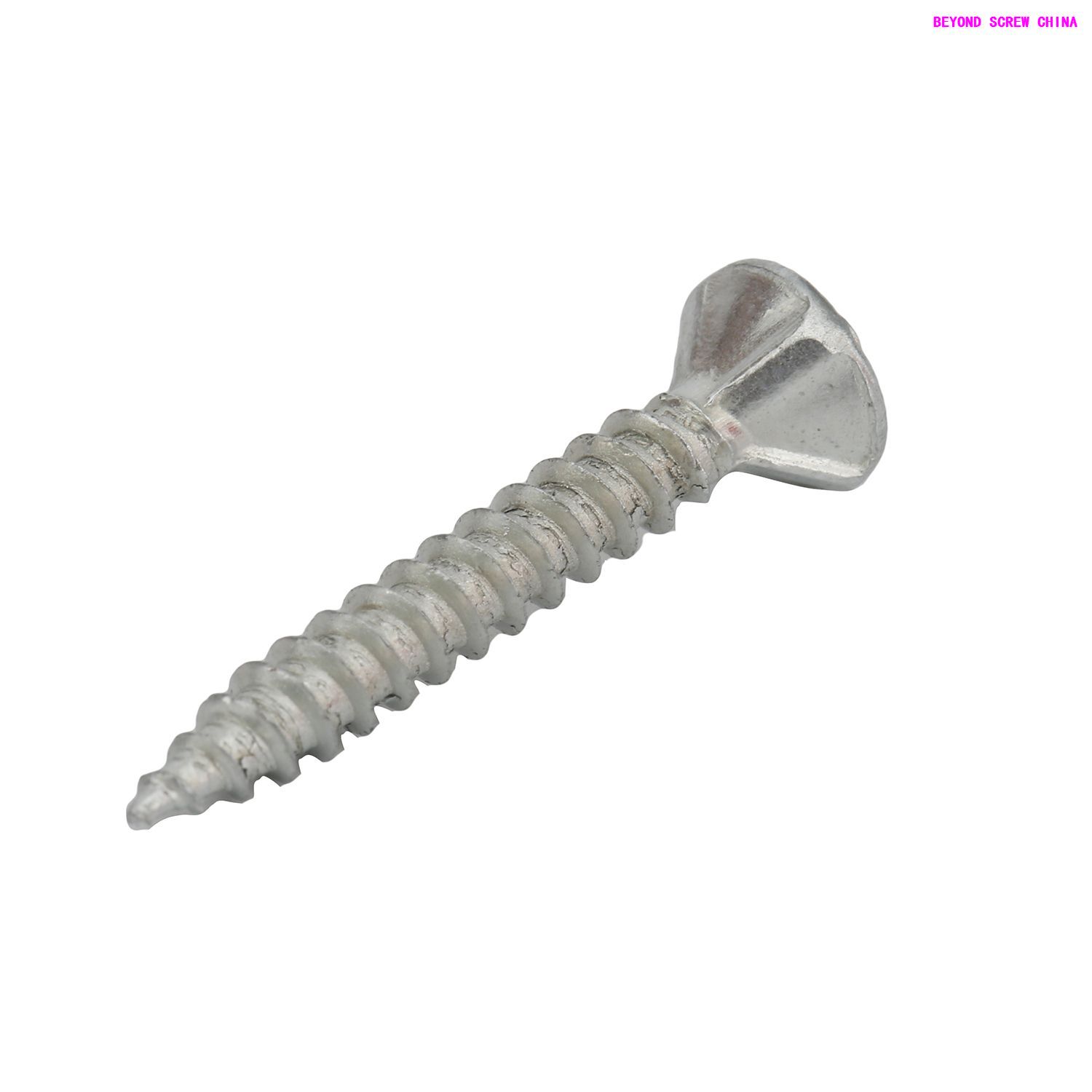Views: 0 Author: Site Editor Publish Time: 2025-05-09 Origin: Site








Self-drilling screws have become indispensable in various industries, offering efficiency and precision. This article delves into their advantages, applications, and relevance, particularly in sectors utilizing centrifuge equipment.
Self-drilling screws are engineered with a drill bit-like tip, allowing them to penetrate materials without the need for a pilot hole. This design streamlines the fastening process, reducing the need for multiple tools and steps.
Integrated Drill Point: Eliminates the need for pre-drilling.
Thread Design: Ensures secure fastening.
Material Compatibility: Suitable for metals, woods, and plastics.
By combining drilling and fastening into a single operation, self-drilling screws significantly reduce installation time. This efficiency translates to labor cost savings and increased productivity.
The integrated drill point ensures accurate placement, reducing the risk of misalignment and material damage.
Self-drilling screws are compatible with a wide range of materials, including metals, woods, and plastics, making them suitable for diverse applications.
Manufactured from hardened steel or stainless steel, these screws offer excellent resistance to corrosion and wear, ensuring long-term performance.

In industries utilizing centrifuge equipment, the choice of fastening method is crucial. The centrifuge machine principle relies on high-speed rotation to separate substances, necessitating robust and precise assembly.
Secure Assembly: Ensures components remain intact during high-speed operations.
Maintenance Efficiency: Facilitates easy disassembly and reassembly during maintenance.
Cost-Effectiveness: Reduces downtime and associated costs.
Centrifuge Parts: Components like rotors and casings require precise fastening to maintain balance and function.
Types of Centrifuge: Variations like ultracentrifuges or benchtop models may have different fastening requirements.
Centrifuge Machine Price: High-end machines necessitate high-quality components, including screws, to ensure longevity and performance.
Centrifuge Tube: Secure fastening prevents leaks and maintains sample integrity.
| Feature | Self-Drilling Screws | Regular Screws |
|---|---|---|
| Pre-Drilling Required | No | Yes |
| Installation Time | Faster | Slower |
| Tool Requirements | Fewer | More |
| Application in Centrifuge Equipment | Highly Suitable | Less Efficient |
While designed to negate pre-drilling, certain materials or specific applications may still benefit from it for optimal results.
Generally, yes. However, the specific requirements of the centrifuge type and application should guide the choice.
Using high-quality self-drilling screws can enhance the machine's durability and performance, potentially offering better value over time.
Yes, they can securely fasten components holding centrifuge tubes, ensuring stability during operation.
They offer faster assembly, reduce tool requirements, and provide reliable fastening, which is crucial for the high-speed operations of centrifuges.
In conclusion, self-drilling screws offer significant advantages in various applications, including the assembly and maintenance of centrifuge equipment. While they often eliminate the need for pre-drilling, understanding the specific requirements of your application will ensure optimal performance and longevity.
